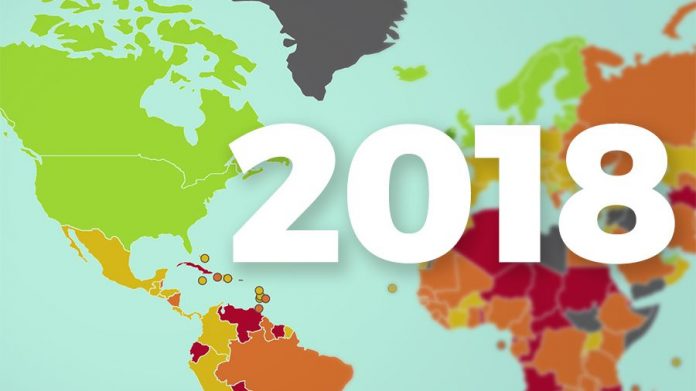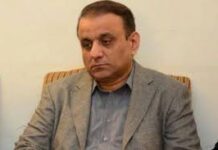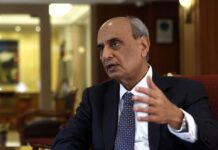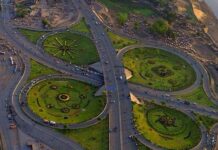
LAHORE: Pakistan has achieved an economic freedom score of 54.4 in the “Economic Freedom Index” 2018 conducted by the Heritage Foundation.
Pakistan’s economy was ranked the 131st freest in the 2018 index and its overall score rose by 1.6 points with a major improvement in fiscal health offsetting falls in government integrity and business freedom.
In the Asia-Pacific region, Pakistan’s economy was ranked at 31st amongst forty-three countries. The overall score of 54.4 remains below the world and regional averages which stood at 61.1 and 61.0 respectively.
In the last few years, some elements of economic freedom have proceeded timidly in Pakistan according to the “Economic Freedom Index” but years of internal political rows and low levels of foreign investment contributed to unpredictable growth and underdevelopment.
The immense meddling of the state in the economic affairs of the country and the inefficient but pre-eminent regulatory agencies discourage private business formation, the report said.
It added that a lack of access to bank credit threatened entrepreneurship and innovation had slowed down due to the isolation of the financial sector from the outside world.
Also, the “Economic Freedom Index” 2018 report said the judicial system was severely affected by a serious backlog and poor security and corruption keeps on tarnishing the civil service and judiciary.
In the rule of law section, property rights score stood at 36.0, down 0.4 from the previous year. Judicial effectiveness score was 34.0, down 0.1 and government integrity at 27.3, recording a fall of 3.2.
The report said “Pakistan’s legal system provides incomplete protection for the acquisition and disposition of property rights. Although technically independent, the justice system is marred by such endemic problems as corruption, intimidation, a large backlog of cases, and insecurity. Corruption is pervasive. Many public officials face allegations of bribery, extortion, cronyism, nepotism, patronage, graft, and embezzlement.”
In the government size section, tax burden recorded a score of 78.5, down 0.4 from the previous year. Government spending stood at 88.2, recording an increase of 0.9 and fiscal health saw the biggest up of 23.2 points, touching 54.0.
The regulatory efficiency section saw a score of 55.3 in the business freedom benchmark, down 5.9 points. Labour freedom benchmark saw a score of 40.6 points, up 2.8 points and monetary freedom benchmark posted a score of 40.6, registering a rise of 2.9 points.
The report highlighted business freedom was lagging in the country, with entrepreneurs facing major licensing and other bureaucratic hiccups. Also, legal protections for laborers was cited as very weak.
In the open market section of the report, the country scored 65.9 in trade freedom benchmark, registering a 1.3-point fall from the previous year, with investment freedom benchmark remaining unchanged at 55.0. Financial freedom benchmark score stood unchanged at 40.0
The report talking about the open market section said “Trade is moderately important to Pakistan’s economy; the combined value of exports and imports equals 25 percent of GDP. The average applied tariff rate is 9.5 percent. Nontariff barriers impede trade. Government openness to foreign investment is below average. Many commercial banks are private, but the banking sector remains vulnerable to state interference. Capital markets are underdeveloped.”






